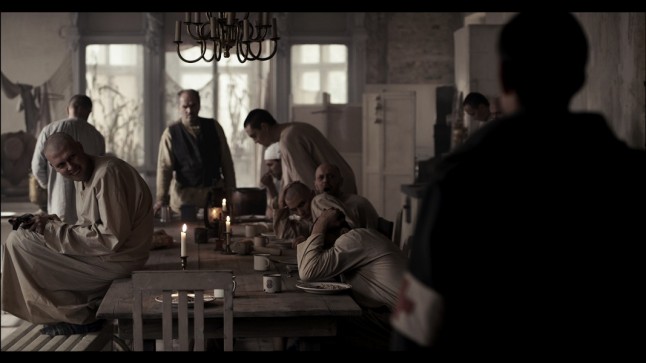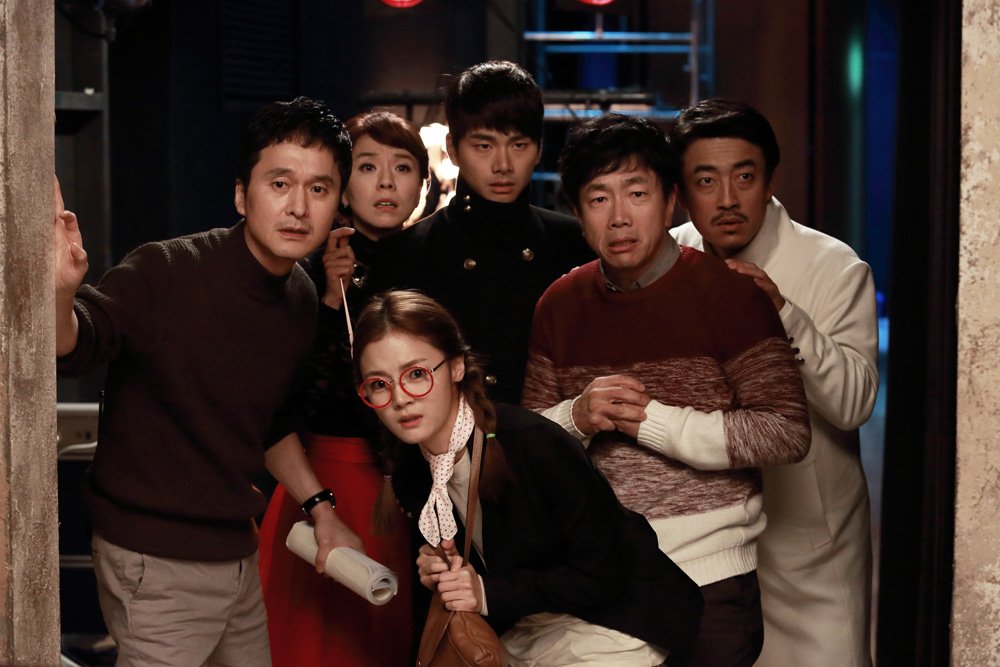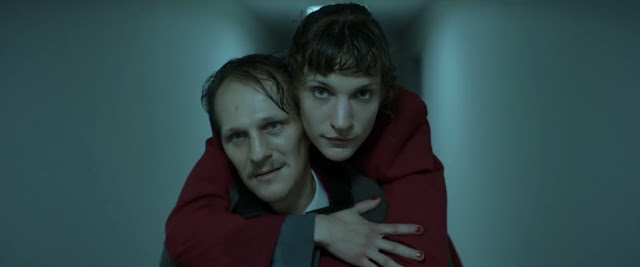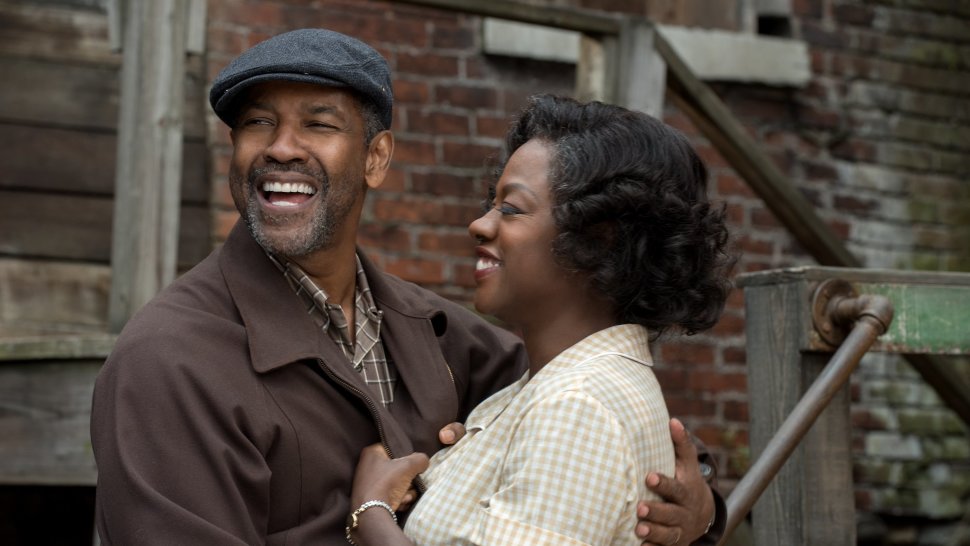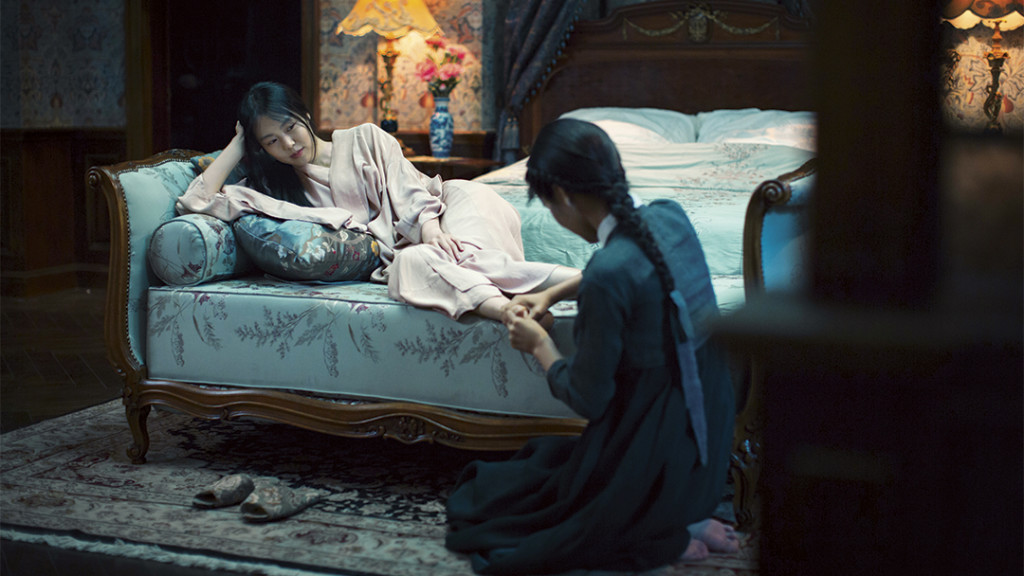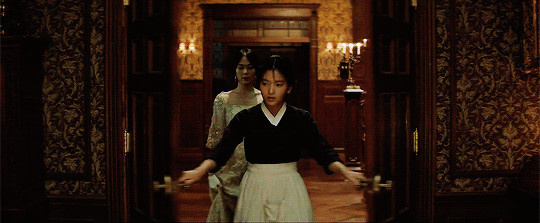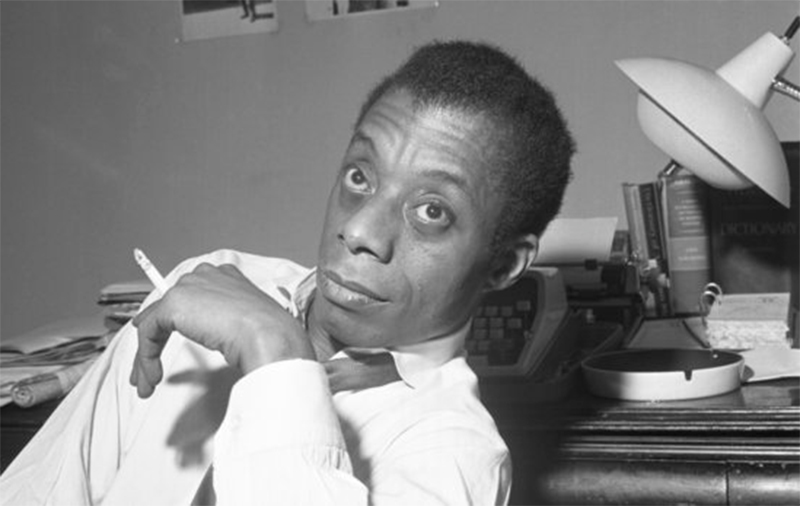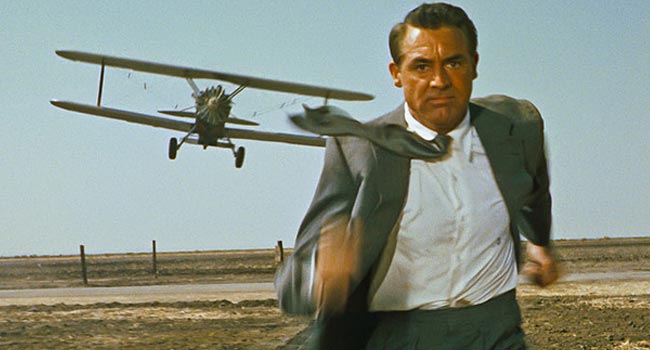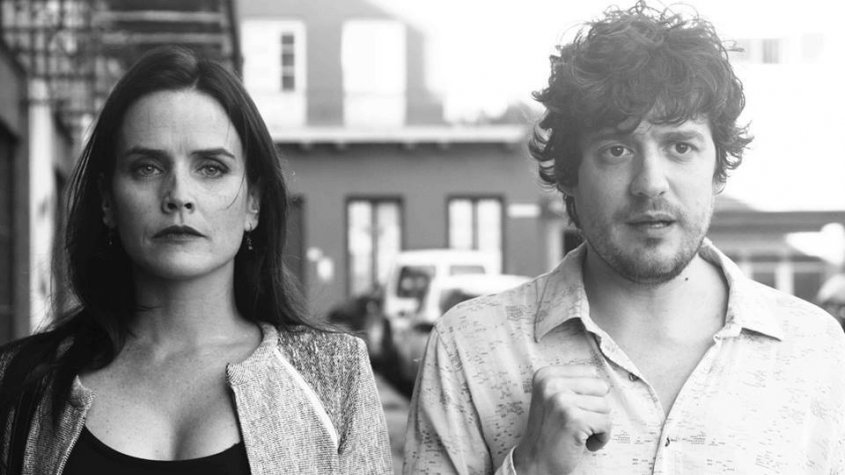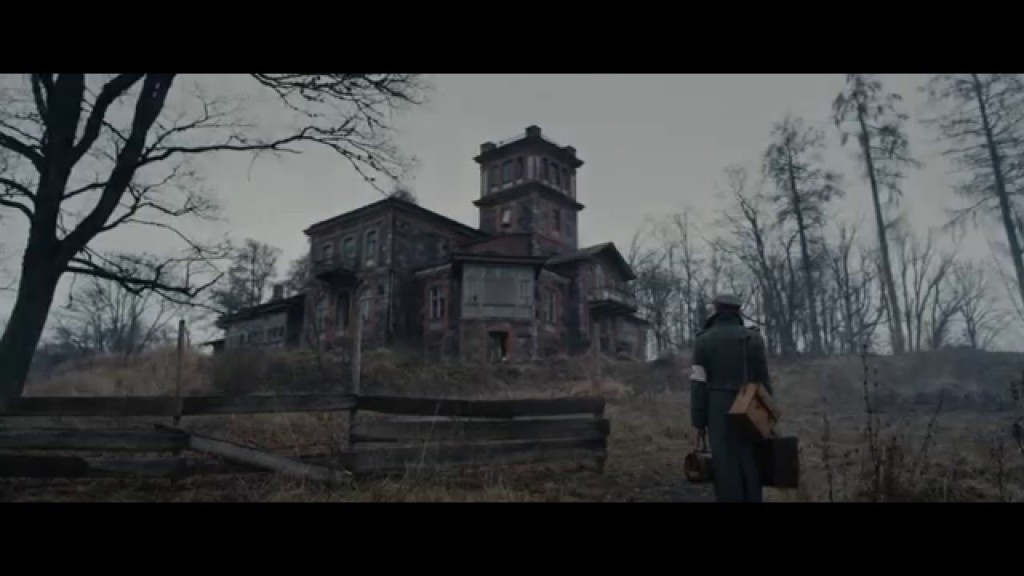
The gripping Latvian drama Exiled is one of the most emotionally powerful and visually arresting films at this year’s Cinequest. In the aftermath of World War I, a German military physician (Ulrich Matthes) arrives deep in the Latvian woods, at a sanitarium for shell-shocked soldiers. It is a terrifying place. The caretaker has been indifferent, even criminally negligent. Patients are howling and literally raving. It’s the kind of place where the patients are fed disgusting gruel, cower under beds and smear feces on the walls. A young boy lives in the woods as feral beast, and is hunted by the local peasantry. The squalor seems impossible to conquer.
The doctor crusades to bring compassion and decency to the place. But it is still a place where the patients’ heads are shaved and they wear night shirts all day and night.
Even the well-intended treatments, with their leather restraints, unsettle us.
Exiled is not what we think of as a horror film, but horror is at its core, in the form of humans who have been emotionally broken by experiencing horror. And the horror of inhumanity toward the broken and vulnerable. There’s also a flashback to the horrors of World War I combat that was experienced by the soldier patients.
Of course, there is terror in insanity itself. We find it disturbing to be amidst those whose realities are so disconnected from our own. And we worry, “There but for the grace of God…”
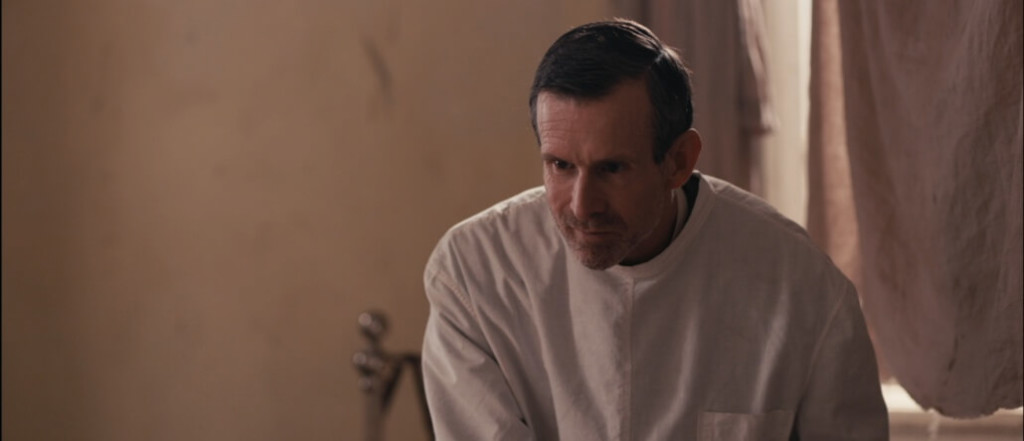
Ulrich Matthes, who played Joseph Goebbels in Downfall, delivers a charismatic performance as the doctor. His zeal to help his charges gleams, sometimes in desperation and sometimes in outrage. It is 1918. Warfare is brutal, the peasants are barbaric, psychiatric medicine is primitive and he has no resources. How much difference can he make? Will cruelty triumph?
Exiled is a striking first narrative feature by the documentarian Davis Simanis Jr. Visually astonishing, each shot is magnificent, whether in the fog shrouded woods or the oil lamp lit interiors. It is compelling from the get-go, with an eerie soundtrack that helps us imagine the terror of both the reasoning and the deranged. The final shot – a static long shot of very long duration is devastating. Keep your focus on the very center of the frame.
Exiled is an exquisitely haunting film.
